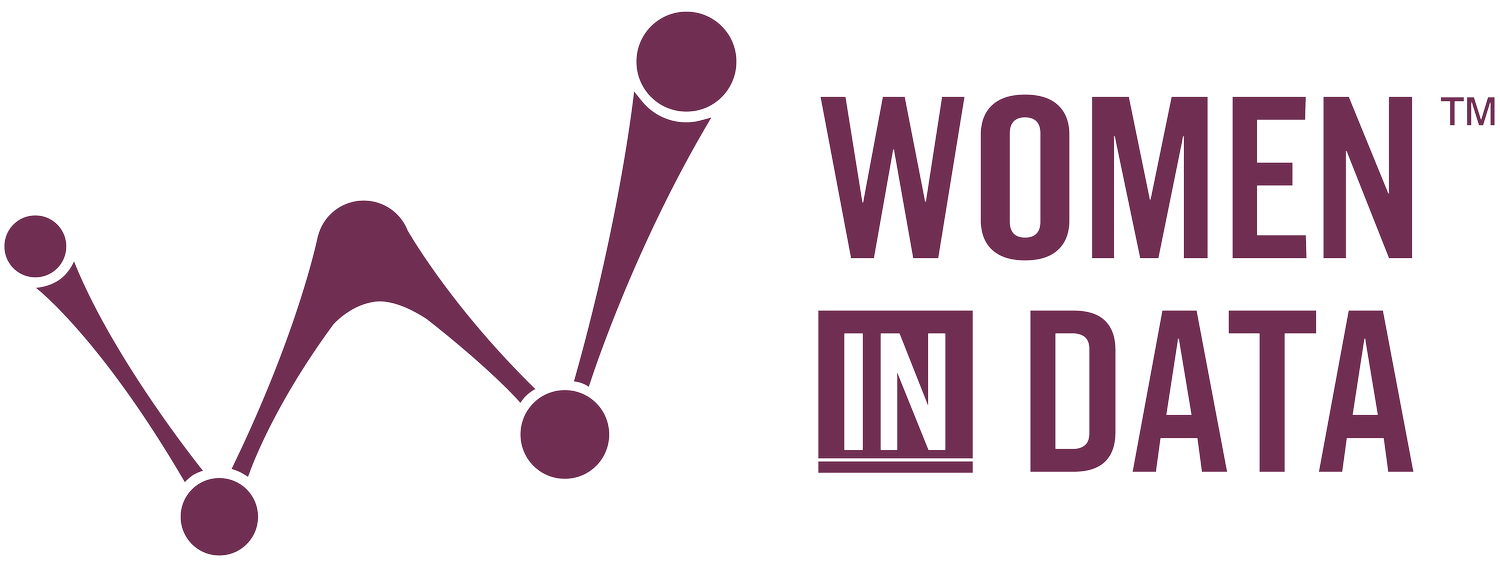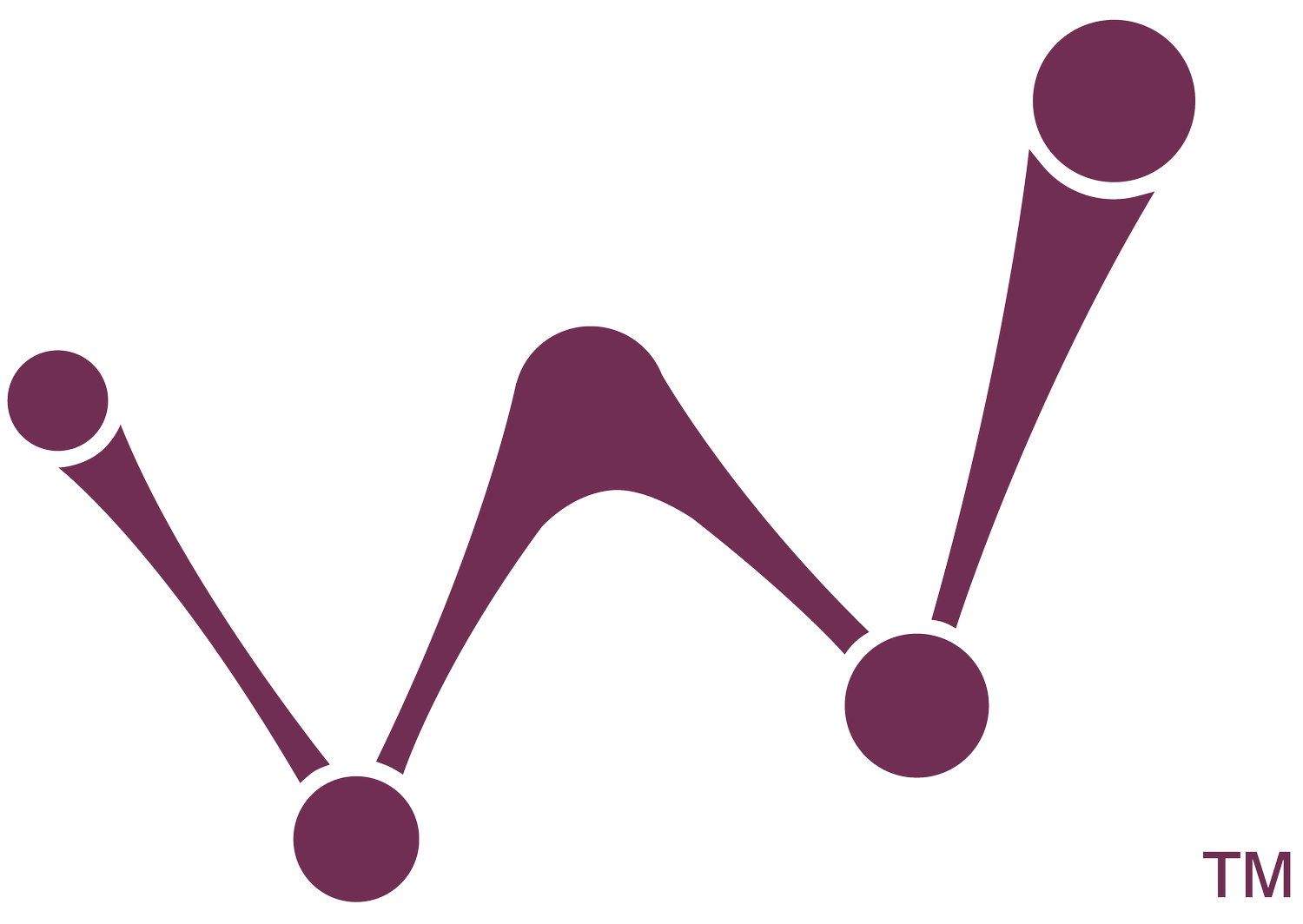So…. You want to be a data scientist?
So many buzz words! Have you heard them? Do you know what they mean? Everybody is talking about data! One thing we can all agree on is that data is all around us, data is here to stay, and every aspect of the world as we know it is going through a digital data-driven transformation. Career prospects for individuals with data expertise are very promising, and you may have determined that this is the direction you want to take your career in!
Nowadays, colleges offer majors, concentrations, and courses that allow their students to build up knowledge in the data fields. However, many of us are in the position of being past the college phase and are looking to pivot our existing careers. Regardless of the exact motivators, we have for this desire, we typically look for training (a bootcamp or other) that kicks off our journey. There are plenty of opportunities out there for these types of development courses, but the big scary question is what happens next, and that is what I want to explore today.
Most professionals, looking to pivot their career in the data direction and having completed some foundational training on the subject, find it challenging to get their foot in the door. I believe this is because they position themselves to compete for entry-level data scientist roles rather than looking for an opportunity that would find their pre-existing experience advantageous. There is a great need for individuals with good business sense / functional expertise to solve real problems using data. The fresh-out-of-college graduate may be way more comfortable with the latest tools and trends when it comes to working with data compared to someone with a bootcamp certificate, but he/she lacks perspective. Experienced professionals have the significant advantage of understanding real problems and identifying opportunities for data solutions. Indeed, all of the data buzz words above point to different tools we could use to solve organizational challenges, whether improving an existing process or coming up with ideas for breakthrough products that meet customer needs. Companies, investing in data professionals, understand:
The majority of their current workforce is too busy with day-to-day tasks and has an outdated mindset
Data is a crucial component to their digital transformation
Digital transformation is not optional
You may argue that your prior experience and particular function is very particular, and the above does not apply. However, consider this, data can have a significant impact on how that specific area functions tomorrow. You don’t have to look far to see that data is used in very creative ways to enhance our world already… some actual examples:
Marketing (paying customers/donors) – what data can we collect and what analytics can we perform to identify who to target and how to target them to achieve a long and valuable relationship?
Supply chain – what might be good data-driven ways to ensure that the organization has the right high-quality materials/components at the right time for the right cost while also mitigating supplier risk?
Human resources – what data insights might enable ensuring a solid hire-to-retire process?
Scientific research – how can you enable researchers to collaborate, share data, and be functional data citizens?
Social work – how might data indicate vulnerable clients that are at high risk during these unprecedented times?
I hope the examples above get you excited about specific areas that you can use data in. What next?
If you are already in a job that you can self-enhance using your newly acquired data skills, go for it! Your organization will appreciate it, you will get practical experience, and your team may benefit directly / indirectly as well! Are there valuable insights that you could derive to help yourself / your boss / your co-workers? Is there data-driven automation that you could use to get rid of annoying manual steps you currently perform? Does your team have access to tools that you can take advantage of to further expand your expertise? Can you help your department become more proficient in Excel and coach them into making data-driven decisions? Can you build some models/templates that team members can use on-demand? Are you able to help cleanse/normalize/enhance data to get it ready for broader use?
If your current organization is not a place where you can grow or have taken a career pause to invest time in yourself, get your foot in the door by building on what you already know. In this way, not only do you position yourself so that a potential employer would appreciate you, but the respective position and compensation would reflect what you truly bring to the table! This new job could be a version of a previous job that you had but with more data components, or it could be a very data-dedicated job that, in essence, supports the people doing your ex-job.
Think of all the possibilities!
There are exciting non-job ways that you can expand your data expertise:
Performing pro bono work (a number of organizations are facilitating data analytics for good)
Engaging in professional organizations where you can both network as well as share knowledge
Participating in conferences/webinars/specific trainings
Connecting with data leaders on LinkedIn and following their content
You may argue that my advice above will not get you the cutting-edge job that you want – you really want to do hardcore data science. I am confident that you will not regret building off of your existing expertise - first, allowing you to practice your new data skills and, later on, enabling your shift into entirely new functional areas based on a proven record adding value through data.
Good luck on your data journey!
- Rodi Tountcheva


